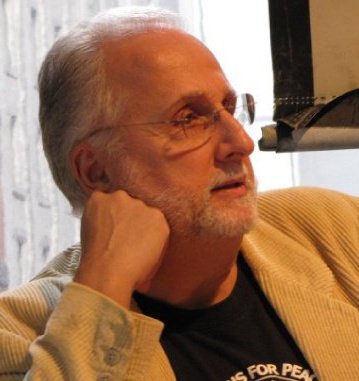Obama’s Characterization of the Problem
In offering the American people and the world his agenda for change, his new strategy for Afghanistan and Pakistan, President Obama reminds us that “al Qaeda and its allies – the terrorists who planned and supported the 9/11 attacks” – continue to be active in both nations. Using rhetoric reminiscent of the Bush Administration, he warns us that al Qaeda still seeks to kill “as many of our people as possible” and is “actively planning further attacks on the U.S. homeland from its safe haven in Pakistan.” The reason, therefore, that “our men and women still fight and die there,” is to ensure our national security, the safety of the American people.
How Obama will Correct Bush Administration Failings
President Obama makes clear that where the Bush Administration went wrong was not in its recognition of the reality and the seriousness of the threat – the “greatest threat” to the American people – posed by al Qaeda, but in becoming sidetracked by the war in Iraq and by being overly cautious, too conservative, in not aggressively pursuing the “enemy that heeds no borders” into Pakistan. Obama’s new strategy is intended to rectify the previous Administration’s missteps in foreign policy by implementing an aggressive, comprehensive, and multifaceted strategy that escalates our civilian and military effort in both Afghanistan and Pakistan. What needs to be determined, however, is whether the Obama strategy is truly change and whether it can be successful in bringing peace and stability to the region.
The Civilian Component
Presumably, under the Obama strategy, the civilian effort will be waged by NGOs and corporate contractors to include, among others, “agricultural specialists and educators; engineers and lawyers,” whose function it will be to “help the Afghan government serve its people.”
o Despite the reality of an economy on the verge of collapse, this aspect of Obama’s strategy will include “$1.5 billion in direct support to the Pakistani people every year over the next five years.” This expenditure, Obama believes, will “contribute directly to security” and “save us an enormous amount of money in the long run.”
o President Obama recognizes the corruption and waste that has characterized corporate contracts in the past and promises oversight and “that the days of unaccountable spending, no bid contracts, and wasteful reconstruction must end.”
However, despite this awareness:
o On Obama’s watch, defense contractor KBR Inc., a former subsidiary of Cheney’s Haliburton, was “awarded” a $35.4 million contract to design and construct a convoy support center at Camp Adder in Iraq despite that it is under criminal investigation in the electrocution deaths of at least two U.S. soldiers.
o Together with DynCorp International, another corporation guilty of abuses in the past, KBR holds the 10 year LOGCAP contract worth $150 billion to provide a broad range of logistic and support services to U.S. and Allied forces during combat.
o Further, in a recent letter to the Senate Armed Services Committee, Secretary of Defense Robert Gates makes clear that the use of private contractor security forces – mercenaries – in support of “the forward-operating bases in certain parts of the country," will continue under the Obama Administration.
Consequently, since there has yet to be any accountability for past abuses and as KBR, DynCorp, Haliburton,, Blackwater (now renamed Xe), etc., remain integral corporate players, there is little in the way of change in Obama’s new strategy in Afghanistan and Pakistan.
The Military Component
President Obama wants the American public to understand “that we have a clear and focused goal: to disrupt, dismantle, and defeat al Qaeda in Pakistan and Afghanistan.” Now this mission is complex and, upon analysis, includes several aspects that are troublesome.
(Note: You can view every article as one long page if you sign up as an Advocate Member, or higher).





